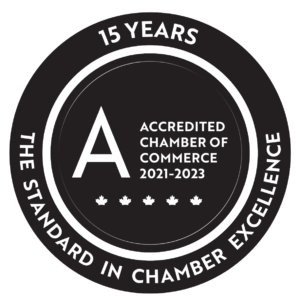Author: Victor Pirone, Lawyer, Business Law Group at Pallet Valo LLP
Recent amendments to the Employment Standards Act, 2000 (Ontario) (the “Act”) prohibit employers from entering into an employment contract or other agreement with an employee that is, or that includes, a non-compete agreement. A non-compete agreement is defined as “an agreement, or any part of an agreement, between an employer and an employee that prohibits the employee from engaging in any business, work, occupation, profession, project or other activity that is in competition with the employer’s business after the employment relationship between the employee and the employer ends.” This prohibition on non-compete agreements came into effect on December 2, 2021.
It is not possible to contract out of this prohibition, and except for the exceptions noted below, if an employer contravenes the new legislation, the non-compete agreement is void. Following the introduction of the amendments, employers have asked whether existing non-compete agreements are still enforceable. Agreements entered into before October 25, 2021 are not affected by the amendments; however, they are still subject to common law restrictions on their breadth and scope.
The Act provides two exceptions to the general ban on non-compete agreements. Firstly, where an individual sells his or her business and post-closing agrees to become an employee of the purchaser, non-compete agreements are permissible. Secondly, non-compete agreements are permitted with employees who hold executive positions. This includes high ranking individuals such as chief executive officers and other chief executive positions.
While the legislation is geared towards protecting the rights of employees, these changes also intend to provide additional clarity to employers which, in turn, will allow for effective planning and informed decision-making. Despite good intentions of the legislation, we anticipate more disputes to come respecting already heavily litigated non-compete agreements. It should be noted that the new legislation does not mention non-solicit or confidentiality agreements, which are still permitted, subject to common law restrictions and principles.
We have yet to see what impact these amendments will have on certain unique business arrangements, for instance, where an employee is also a shareholder of their employer.
Ontario is the first province to legislate a prohibition on non-compete agreements. It will be interesting to see whether other provinces will follow Ontario’s lead.





